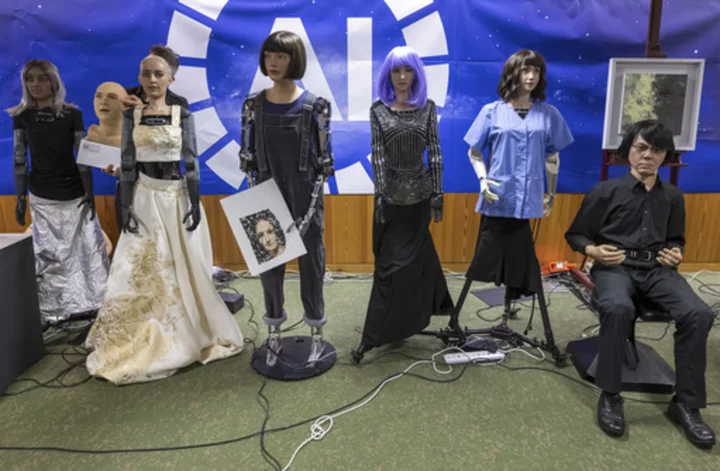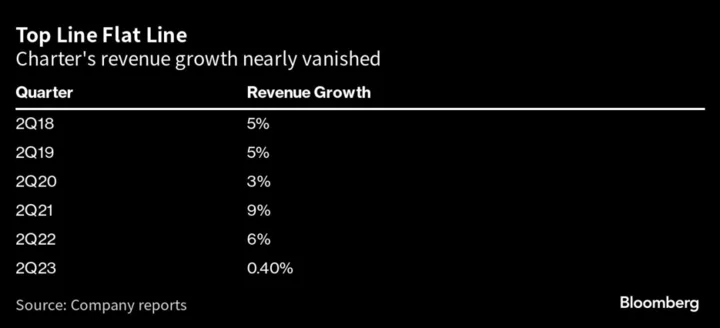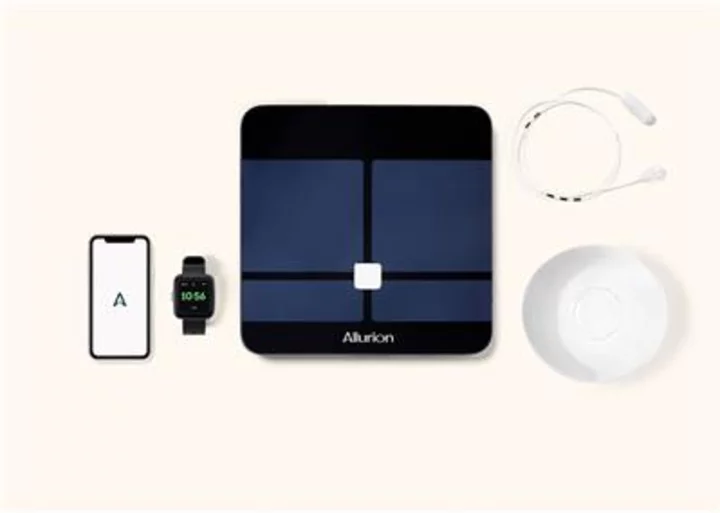Concerning messages showing on people’s phones have led to fears that they are being listened to. The app appears to be attempting to access the microphone within people’s phones, when users are asleep, according to the privacy menus within Google’s Android operating system. But WhatsApp said that it believes the issue is a bug within Android, and has stated categorically that the app would not access user’s microphones without their permission. The problem was raised by Twitter engineer Foad Dabiri, who shared a tweet which included a screenshot of a page in Android that shows when a given app accesses the microphone. He noted that it showed a range of attempts to do so, even when he had been asleep. The post was further amplified by Mr Dabiri’s boss, Elon Musk, who shared the tweet and claimed that “WhatsApp cannot be trusted”. Mr Musk’s post followed a range of other criticisms of Mark Zuckerberg, largely for political reasons, and Twitter also competes with WhatsApp with its direct messaging platform. In another post, Mr Musk pointed to the fact that WhatsApp is “owned by Meta/Facebook”, and claimed that WhatsApp’s former owners had left the parent company “in disgust”. “What they learned about Facebook and changes to WhatsApp obviously disturbed them greatly,” he claimed. Other users also reported seeing the same problem, on Twitter and Reddit, even before Mr Dabiri brought it to widespread attention. The screen can be seen within Google’s “Privacy Dashboard”, which is found within the Settings app and collects information about how personal data is being used by apps on a phone. Some claimed that page even showed WhatsApp accessing their camera. Others said that the microphone appeared to be getting accessed every few minutes. The same privacy dashboard can be used to turn off the microphone for any apps that users may be concerned about. But that could lead to certain features not working, such as voice notes or calls on WhatsApp. WhatsApp said that it believed the screen was showing the microphone being accessed as a result of a “bug”. It said that it was showing the wrong information in Google’s privacy dashboard screen and that it had been in touch with Google to fix it. “Users have full control over their mic settings,” WhatsApp posted in response to Mr Dabiri’s tweet. “Once granted permission, WhatsApp only accesses the mic when a user is making a call or recording a voice note or video – and even then, these communications are protected by end-to-end encryption so WhatsApp cannot hear them.” Meta-owned apps have long been plagued by fears that they are accessing the microphones of users. For years, users have accused Facebook and Instagram of listening to them to collect data and show them more relevant sponsored ads, which Meta has always firmly denied. Many experts have argued that the sometimes uncannily accurate sponsored posts are simply the result of the app’s advertising tools accurately profiling users, without needing to listen to them. Read More WhatsApp just fixed two of its most glaring quirks Google to unveil major new AI Quantum computer discovers bizarre particle that remembers its past Google to unveil major new AI Quantum computer discovers bizarre particle that remembers its past Why is Elon Musk purging Twitter accounts?
Concerning messages showing on people’s phones have led to fears that they are being listened to.
The app appears to be attempting to access the microphone within people’s phones, when users are asleep, according to the privacy menus within Google’s Android operating system.
But WhatsApp said that it believes the issue is a bug within Android, and has stated categorically that the app would not access user’s microphones without their permission.
The problem was raised by Twitter engineer Foad Dabiri, who shared a tweet which included a screenshot of a page in Android that shows when a given app accesses the microphone. He noted that it showed a range of attempts to do so, even when he had been asleep.
The post was further amplified by Mr Dabiri’s boss, Elon Musk, who shared the tweet and claimed that “WhatsApp cannot be trusted”. Mr Musk’s post followed a range of other criticisms of Mark Zuckerberg, largely for political reasons, and Twitter also competes with WhatsApp with its direct messaging platform.
In another post, Mr Musk pointed to the fact that WhatsApp is “owned by Meta/Facebook”, and claimed that WhatsApp’s former owners had left the parent company “in disgust”. “What they learned about Facebook and changes to WhatsApp obviously disturbed them greatly,” he claimed.
Other users also reported seeing the same problem, on Twitter and Reddit, even before Mr Dabiri brought it to widespread attention. The screen can be seen within Google’s “Privacy Dashboard”, which is found within the Settings app and collects information about how personal data is being used by apps on a phone.
Some claimed that page even showed WhatsApp accessing their camera. Others said that the microphone appeared to be getting accessed every few minutes.
The same privacy dashboard can be used to turn off the microphone for any apps that users may be concerned about. But that could lead to certain features not working, such as voice notes or calls on WhatsApp.
WhatsApp said that it believed the screen was showing the microphone being accessed as a result of a “bug”. It said that it was showing the wrong information in Google’s privacy dashboard screen and that it had been in touch with Google to fix it.
“Users have full control over their mic settings,” WhatsApp posted in response to Mr Dabiri’s tweet. “Once granted permission, WhatsApp only accesses the mic when a user is making a call or recording a voice note or video – and even then, these communications are protected by end-to-end encryption so WhatsApp cannot hear them.”
Meta-owned apps have long been plagued by fears that they are accessing the microphones of users. For years, users have accused Facebook and Instagram of listening to them to collect data and show them more relevant sponsored ads, which Meta has always firmly denied.
Many experts have argued that the sometimes uncannily accurate sponsored posts are simply the result of the app’s advertising tools accurately profiling users, without needing to listen to them.
Read More
WhatsApp just fixed two of its most glaring quirks
Google to unveil major new AI
Quantum computer discovers bizarre particle that remembers its past
Google to unveil major new AI
Quantum computer discovers bizarre particle that remembers its past
Why is Elon Musk purging Twitter accounts?









